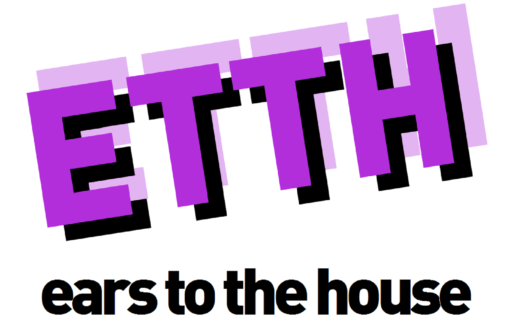Life comes with only a few certainties – you’re going to be born, you’re going to die, and you’re going to get stung by taxes along the way. But Ears To The House modestly suggests another thing can be added to this list – namely that those with money and assets will always prosper, regardless of economic climate.
Difficult economic situations, like the one much of the world is currently in, provide an opportunity for larger companies to buy out smaller rivals who may pose a threat in the future. Large companies do not have some kind of God-given right to exist – and it’s something that they themselves know only too well.
So forgive our lukewarm reaction to the news this week that AlphaTheta Corporation – parent company of Pioneer DJ – has swallowed up Serato. Statements given announcing the news confirm that the two companies will continue using separate branding – at least for the time being.
Yoshinori Kataoka, the boss at AlphaTheta who helped push the deal through, noted “Bringing Serato into the AlphaTheta Group will lead to new synergies and significant technological innovations, adding continued value to the community” whilst Serato’s Young Ly gushed about “accelerating how we create value for our users and the industry”.
Is this merely a cost-cutting exercise? It’s hard to escape the idea – even Kataoka refers to it. How else are we to interpret his words about bringing “new synergies” into play? As Ears To The House has repeatedly said in regards to Wez Saunders taking over at Defected, no one spends millions of pounds acquiring a company with the intention of doing nothing with it.
After all, the two companies being part of the same group will reduce job duplication – whilst also being able to keep a much closer eye on a company that was, despite previous collaborations, formerly their main rival. It also means that DJ music software system Rekordbox might soon be bundled with Serato’s equipment.
The music press might be comfortable with all this – with DJ Tech Tools even proclaiming “DJs win” when the two companies worked together. But this was when the two companies were independent and shared a mutual interest – something which is no longer the case. The word “monopoly” comes to mind – and we don’t mean the board game…





